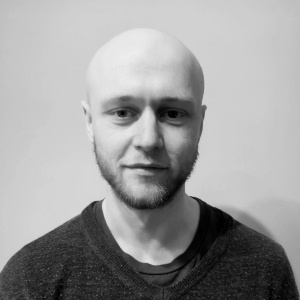Alan Mandujano, Pokemon Go's Head of Operations in LATAM - "The summer of 2016 is happening every day in Brazil"
Community Days are apparently more like a party in the region
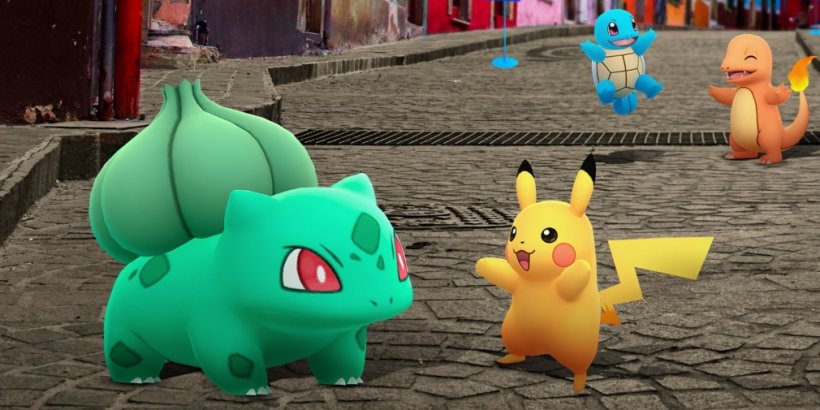
- I chatted with Alan Mandujano, Head of Operations in LATAM at Niantic about Pokemon Go in the region
- He told me LATAM has a larger interest in PvP compared to most other countries
- We also discussed the challenges they're currently facing with player safety
Last week, I headed off to Brazil for the inaugural Gamescom Latam event, where several mobile developers had congregated to chat about their upcoming plans, whether for new games or updates to existing titles.
One of the games with a presence on the show floor was Pokemon Go, something I play casually on a day-to-day basis, predominately as a way to make walking to Tesco less boring. So, it was lovely to speak with Alan Mandujano about Pokemon Go in Brazil and Latin America more generally.
During our conversation, I was fascinated to learn how differently the same game is enjoyed. Community Days are a far more social affair than in the UK, where you might merely notice someone is also playing Pokemon Go before moving on, while PvP is also a bigger deal in Latin America. We also discussed the challenges the team faces and how they're trying to find ways to make playing the game a safer experience.
Could you introduce yourself and your role on Pokemon Go?
Alan: Yeah, I'm Alan Mandujano, Head of Operations in LATAM at Niantic.What are the biggest challenges you face in Latin America in Pokemon Go?
Alan: Latin America has really unique challenges. Inside Latin America, the countries are very diverse. Brazil has a huge size. It's almost the size of a continent when you look at it on the map. And there are definitely different challenges. For example, playability. You would think that we have a lot of PokeStops in Brazil, but when you look at the size of the country you realize we don't have that many.And that's something that we are continually trying to improve. We are talking with the governments in Brazil - the local governments - to secure open-source data so we can get more geolocalization data that we can introduce in our game to improve playability, and the number of PokeStops that people have.
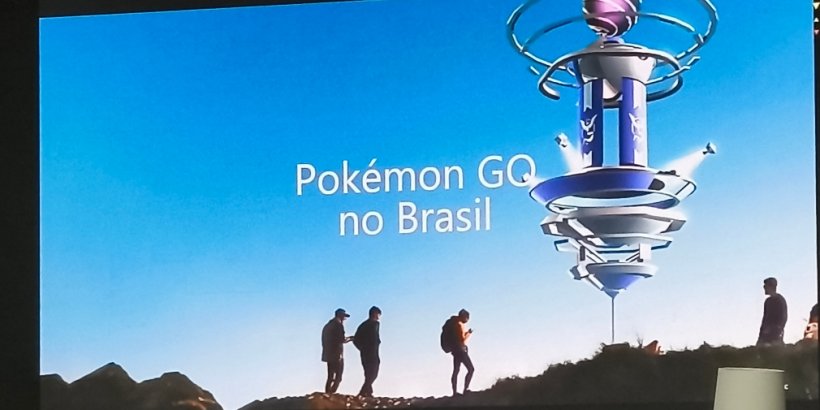
We have this goal in mind of making Sao Paulo as playable as a city, as, for example, Tokyo or San Francisco. And our team constantly thinks about how we can get there, and also being very mindful of player safety. That's another concern that is different in Latin America than in perhaps similar markets such as the US.
We do have to keep in mind, you know, we are a game that has to go outside and play. And there are some cities in Latin America where phone theft is a true risk. So we do take that into consideration. And one way we have been addressing this problem, at least in Brazil, is by partnering with malls. We have a partnership with SYN Malls, a very large chain in Brazil. And we are providing safe spaces for players.
We are encouraging meetups to be created at these places where there are also other amenities like air conditioning, and sometimes the mall also offers some discounts. And in that way, we think that everybody wins in the same way. We bring foot traffic to the partner, the players get a safe place to play, and we get more people participating in our events.
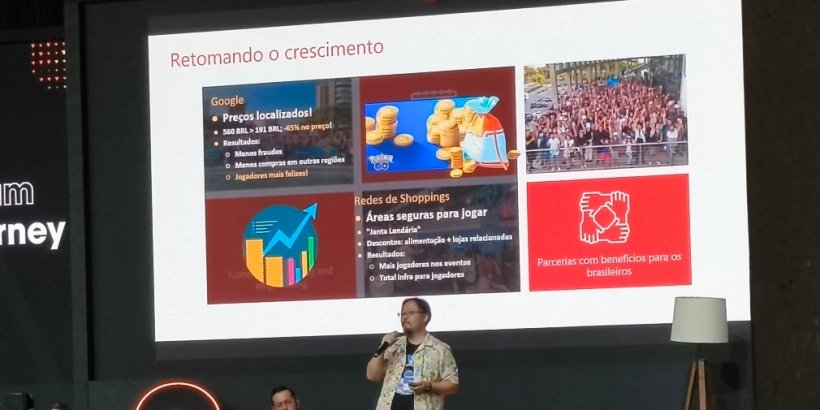
Speaking of player safety, do you ever stop Pokemon from spawning in unsafe areas?
Alan: Well, we do have some player trust and safety teams that produce all of our data. That's also why it's not as simple as adding coordinates to a map. It's really a process that involves making sure that the PokeStops are in a safe place. Not just what you mentioned but also is it in the middle of the street or is it in an intersection?There are a lot of things that need to be taken into consideration to make sure that we have a safe experience for our trainers and also there are things that we have to consider because you may say like, “Hey, this neighbourhood is dangerous”. But at the same time, that might be biased, right? It might be what may look like a dangerous neighbourhood in some other countries, is a very thriving community.
So we try to be mindful of all factors and we respect local communities and that is why we partner with local governments to ensure that these areas are safe and, for example, if we create official routes with the government that they are highlighting local, important, and interesting spots but they are also in safe areas of the city.
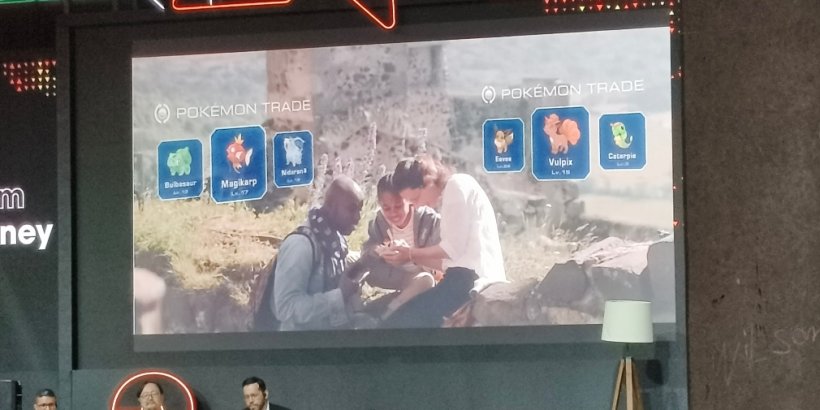
But in terms of Latin America, we really are trying our best to work with local governments - which is something we haven't done before - ensuring that the experience is really safe for everyone.
What do you think makes the region special?
Alan: The real strength of Latin America, I would say, is the community. Have you ever played a Community Day?I have, yeah!
Alan: If you play everywhere else in the world and you play in Sao Paulo, you'll notice it's completely different. Latinos we have this real festive spirit, and every Community Day in Latin America is a real party. You have communities organizing crazy types of contests and activations. We are really trying to leverage that and empower them to create more because in doing so, they are also creating more safe areas that they can play. So, strength of numbers, right?If you play by yourself or you play with a hundred people, it's much safer for everyone. So we are trying to boost that. We have a program called Campfire. It started small. It started in Brazil and has now been expanded to the rest of the American markets in Niantic. So it's definitely a learning from Latin America that we are now even exporting to the rest of the world.
Another reason I would say is player safety. Sometimes players find it easier to participate in events where there are a lot of people. If you look at our community events you will see thousands of people. It's really something impressive.
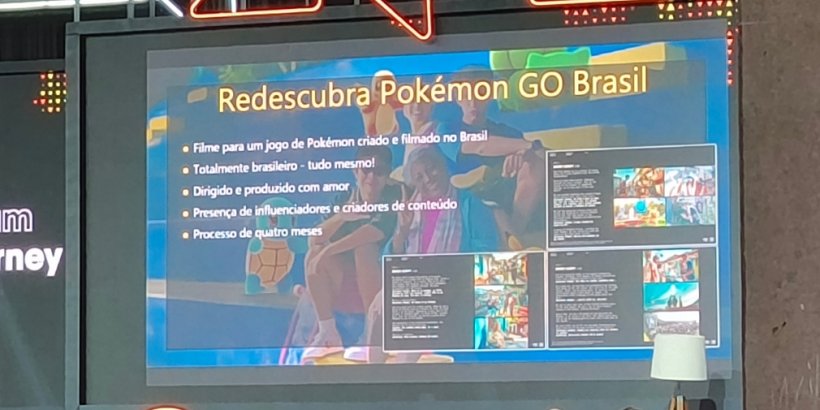
We recently had an event in Brazil called Carnival of Love, which was also another learning, another insight we have into the region. In Brazil, Valentine's Day is not observed. Well, it's actually observed in June.
So if Valentine's is not observed in Brazil, but Carnival happens around the same time, is there perhaps a way we can combine both? And this year we had Carnival of Love, which was an amalgamation of Carnival and Valentine's Day. In Global, the marketing had more of a Valentine's feel. In Brazil, the marketing is very different and very close to the Carnival aspect.
We had an event in Rio de Janeiro in a mall which had an impressive attendance. And that's part of the spirit. We turned the community, the event, into a Carnival party. It's also something that is a learning from having boots on the ground.
Brazil is an important market for Pokemon Go. Can you tell us where it ranks?
Alan: I can tell you that Brazil is definitely one of the largest countries in terms of new users. It ranks up there with the markets in the top five for new user generation. That's really important to us because it tells us that there are a lot of people who are experiencing for the first time what Pokémon Go is all about.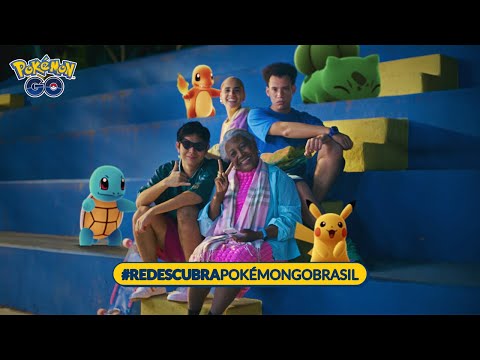
The summer of 2016 is happening every day in Brazil in a different way, right? That's something really exciting to see. I would say the number of new users compared to other countries is significantly higher. That's another challenge that we're trying to plan how we can make the experience exciting for not just the hardcore gamers, but also the people who started fresh.
The Pokemon franchise has real roots in Latin America. I think for a lot of Latino players, especially back in the 90s, maybe they didn't have access to a Game Boy console. They couldn't play the latest Nintendo games. They can now experience what that was all about. I think in a way, it is probably the most successful Pokemon game.
Can you share with us what's coming up in the second half of 2024 in Brazil?
Alan: Yeah, we are announcing a lot of plans for Brazil, starting with how our committees have been growing with the Campfire program. We have now a community in every state in the country, and we are trying to increase the number. We are right now at about 80 communities in this program. So this is one of the things we are announcing.The thing I just mentioned about how we are interacting with governments and talking with them to boost playability by increasing the number of PokeStops per square kilometre. And we are going to be adding more than a million PokeStops in Brazil over the next six months.
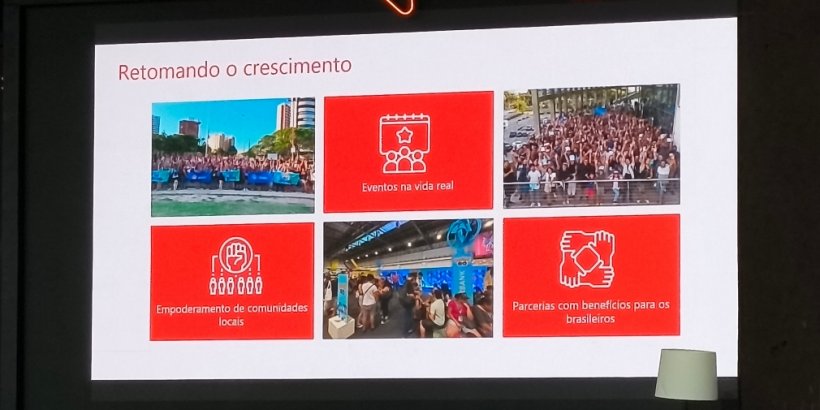
And perhaps the biggest announcement is more of a tease. We are sharing that we will be doing live events in Brazil in Sao Paulo. It's a city-wide event, and we are really excited to bring this type of experience. We don't have more details to share about what type of event or what the name is. It's just a heads up that we will be hosting a live event, a statewide live event. And we're really excited because it's something that our trainers in Sao Paulo have been asking for.
We had our first event in Brazil in 2019. And we've had some other successful events, especially in Mexico in 2020 and 2023. And we are really happy to come back to Brazil and provide the local audience with the excitement that we want. And we know that, like I tell you, a community that in Brazil is really something else. We really think that this event happening in Sao Paulo is really going to be something else.
So I guess this will be exciting not just for Brazilians but also for players from other parts of the world who may want to experience the very local vibe. I think it will be a really great experience to participate in.
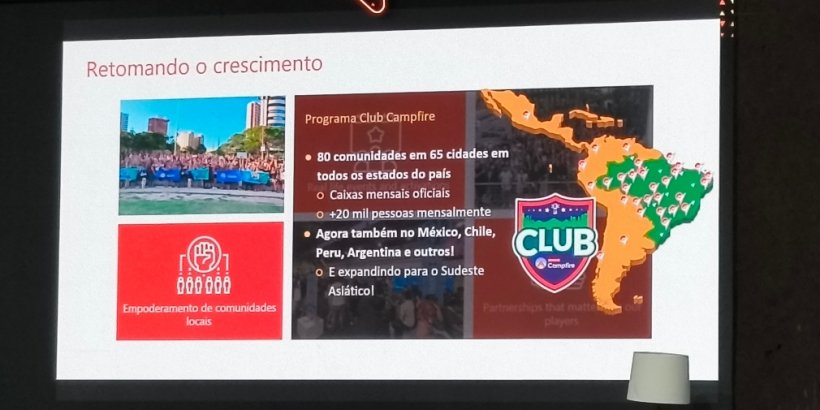
Is there any insight you can provide on how locations are chosen for in-person events? Is it player count, something else or entirely at random?
Alan: Well, there's a lot. I'm actually very fortunate that we have a lot of trainers that are very passionate. Some of them even do campaigns. For example, in Mexico back in 2020. We had a really grassroots campaign to bring an event to the city that even got the mayor involved at some point.I don't think there is a set formula. We constantly are on the lookout for opportunities and players. Sao Paulo is definitely the largest city in Brazil. We have been wanting for a long time to do an event in the largest city, in the largest markets.
We would love to do events everywhere. We have trainers everywhere asking us for this. Our team is actually rather small. We have bandwidth constraints and there are also a lot of other things that you have to consider like player safety. We have government participation for Sao Paulo, we are now working with local governments.
We feel in a position of being able to offer a very safe and exciting experience. And those things take time. That doesn't mean that we don't want to do an event in other parts. It's just that we are trying to plant the seeds for those at a later date. Hopefully, we will have more events in the future. We are very excited about the event that is going to happen in Brazil in December. I would ask trainers to stay tuned to our Pokemon Go Latam social media accounts for more information.
Pokemon Go has changed an awful lot since it first launched in 2016. What do you think has changed most for you personally? And what impacted the community the most?
Alan: When it was launched, it was very bare bones. You couldn't trade Pokemon, you couldn't battle Pokemon. I think maybe the biggest feature that impacted the community was Raids. When I look back, I think the bigger communities started to form around Raiding groups. People meeting at a monument and seeing each other asking, “Hey, do you play Pokemon Go? Can I add you to WhatsApp?" And then those WhatsApp groups evolved into something bigger. So I would say maybe that's the most impactful in terms of community.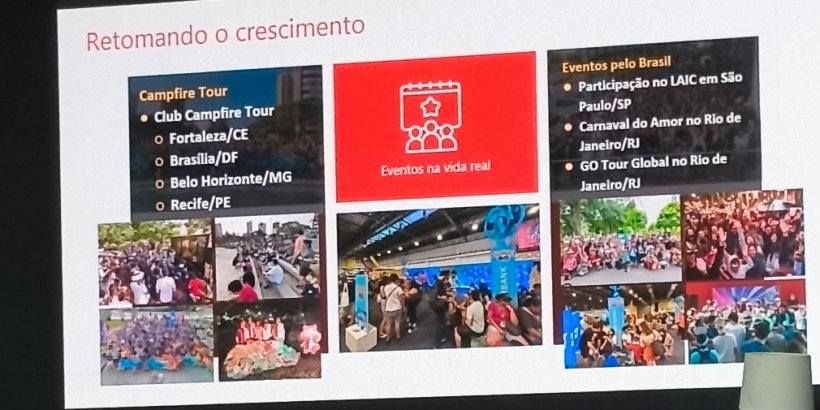
But there are definitely others. I think we don't have a single type of Pokemon Go player. It's a game so broad and so diverse. There are hundreds of other types of players. In Latin America, we found that PvP is really important. It's a really competitive market. We have, for example, Rargef, a Brazilian player who is ranked number two in the world. He's one of the favourites for Worlds. He has an interesting story.
We realized that Mexico, Brazil, and other Latin American countries are ranked quite high in penetration or usage of the PvP feature in terms of the number of players engaging with it every day. So that is really an insight that we have taken into consideration. We have been doing more PvP-focused events in Latin America, perhaps in a different way than other markets, maybe they don't focus that much on the PvP but for us it's really important.
And we have been partnering with the Pokemon Company International to create more opportunities for players to compete on a global scale. And in the recent North American International Championship in New Orleans, we actually had some exciting Latin American representation. We had a Mexican number two, a Brazilian number three, another Brazilian number six, and so in the top eight, three Latin American players.
And this was a tournament that wasn't even the Latin American regional championship. It was the US championship. That speaks volumes about how Latin America has become a powerhouse in competitive gaming. It's something that we listen to and that they care about and we're doubling down in ways that we can experience what we play.



